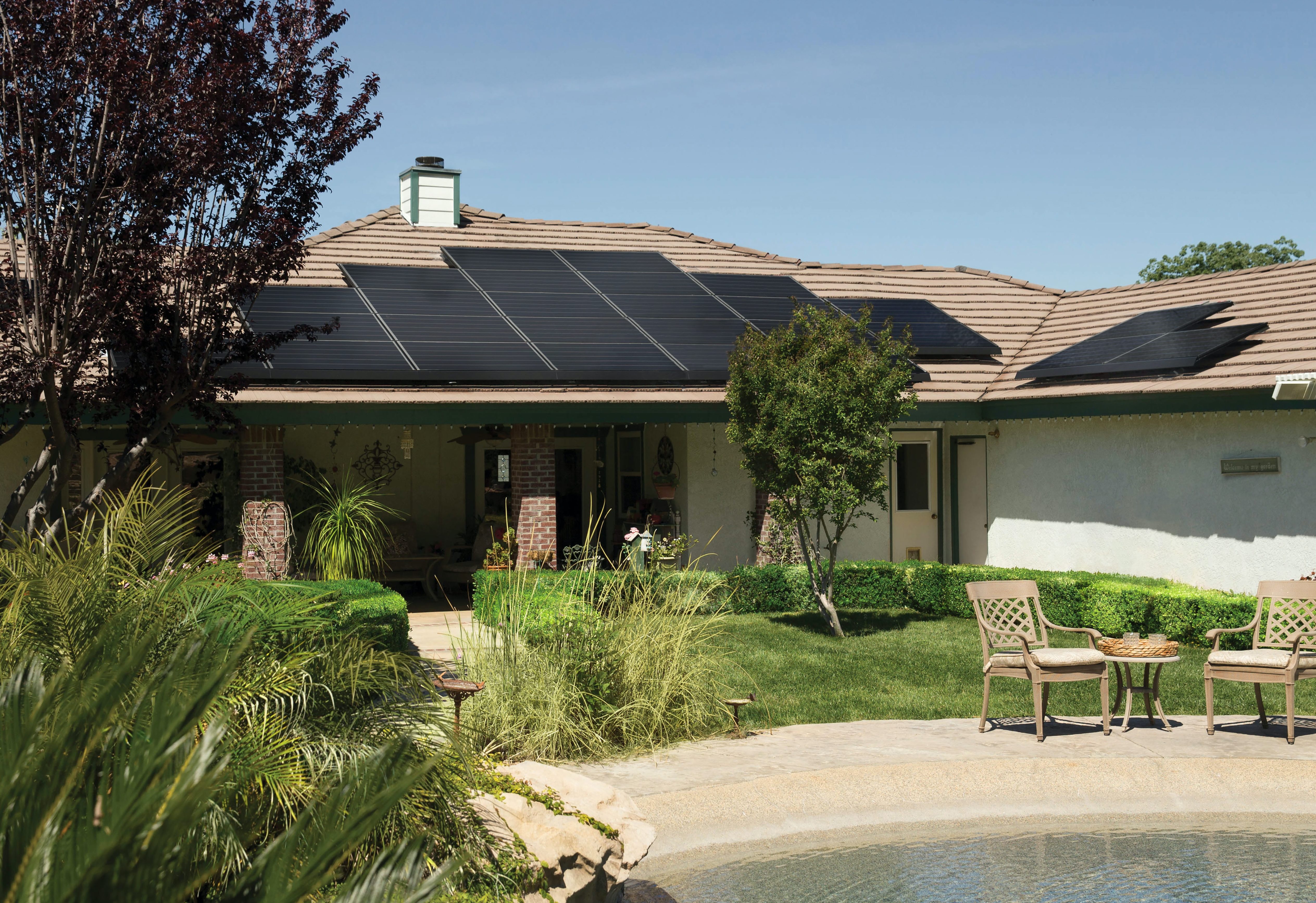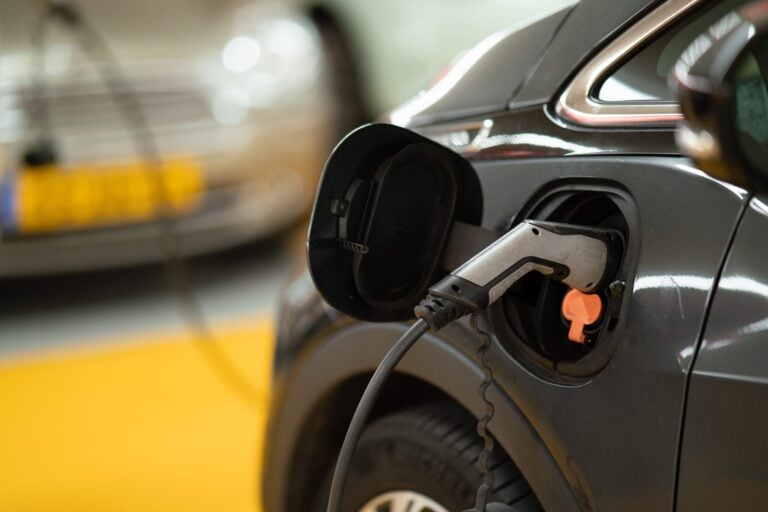How to Encourage More Residential Renewable Energy Installation

The environmental benefits of renewable energy are well-known, yet it remains a hard product to sell for some, especially concerning residential installations.
Renewable energy installations are increasing dramatically in the commercial sphere. However, many homeowners view solar energy as too expensive. Even with state and federal considerations and significant long-term savings, people seem hesitant to consider renewables.
Most consumers are concerned about the cost of installation compared to fossil-fuel electric sources. Many homeowners are also unfamiliar with the benefits of solar photovoltaic energy, and maybe hesitant to invest in new technology. Discussing how residential renewable power benefits both their bank account and community can help them build confidence, though.
While most consumers’ primary concern is the cost of installation, many homeowners will also weigh how the solar industry at large affects their community. For example, the solar industry grows rapidly and has a high potential for job growth. Many individuals are currently looking for solutions that save them money and also support their local and regional economies.
It can be simple to get people on board with solar power once they know the benefits. Here are some ways to encourage more residential renewable energy installations.
Emphasize Cost Savings
Despite the higher cost of installation, solar power has numerous long term benefits. The most significant advantages include lower monthly utility bills and increased home value, according to the Environmental Protect Agency (EPA). Over time, residential solar systems can reduce utility expenses to almost nothing.
Additionally, the cost of solar installation continues to decrease. Statewide and federal incentives, as well as an increase in consumer interest, has contributed to falling installation prices. The Federal Residential Renewable Energy Tax Credit covers up to 30% of the installation. With the tax credit expiring in 2021, many consumers will look to install solar before the end of the year.
Talk About Reduced Maintenance
One of the best parts of solar power is how easy it is to maintain. While traditional electricity requires constant updates and maintenance, photovoltaic energy systems are relatively easy to upkeep. The average lifespan for a residential solar project is 25 years, making it significantly more long-lasting than conventional energy sources. After installation, there is very little for the homeowner to worry about concerning upkeep.
Long-term analytics are also available for homeowners interested in calculating any potential expenses during the system’s lifetime. Calculating the energy savings and reduced operational costs over 30 years may help consumers recognize how efficient solar power can be. Many homeowners are looking for efficient systems that can keep running with little input. Solar electricity fills that void.
Share Success Stories
In the last 10 years, solar energy has increased at an average rate of 48%, making it the fastest-growing renewable energy sector. While the number of installations may be multiplying, most consumers remain unfamiliar with the benefits. The average homeowner may lack the necessary knowledge to make an informed decision regarding energy alternatives. By sharing customer success stories, solar companies can more effectively spread information about residential solar power.
In addition to customer reviews, compelling statistics from around the world may also convince hesitant homeowners. While solar in the U.S. is still getting established as an efficient alternative to the traditional energy grid, other countries have used it for years with great success. In the European Union, solar energy is considered the most cost-effective and efficient source of renewable energy. In 2018 alone, the solar market grew by 36%, with Germany, Turkey and the Netherlands leading the way.
Communicate Job Opportunities
As the residential solar market grows, so will the job market. While the COVID-19 pandemic has affected solar jobs in the short-term, investing in renewable energy post-pandemic could provide millions of wage-earning jobs for Americans. With the current unemployment statistics looking particularly daunting, communities across the U.S. will be seeking new employment options.
According to a 2010 study, renewable energy creates more jobs per unit of energy than either the natural gas or oil industries. Renewable energy could provide sustainable alternative employment, especially for areas that remain economically dependent on fossil fuels like coal.
Building Solar Confidence
Encouraging more residential renewable energy installations is all about building confidence in the homeowner. Discussing the benefits of photovoltaic energy, including the expenses and maintenance, will help the consumer decide whether a solar system makes sense for them. Sharing statistics and success stories educates the consumer on the proven efficiency of solar energy.
Lastly, talk about how the renewable energy industry provides more jobs than the fossil fuel industry. As communities seek to rebuild their economics post-COVID-19, renewable energy may be a sustainable employment option looking forward.
Bio: Emily covers topics in sustainability, conservation and green technology. You can read more of her work on her blog, Conservation Folks.


